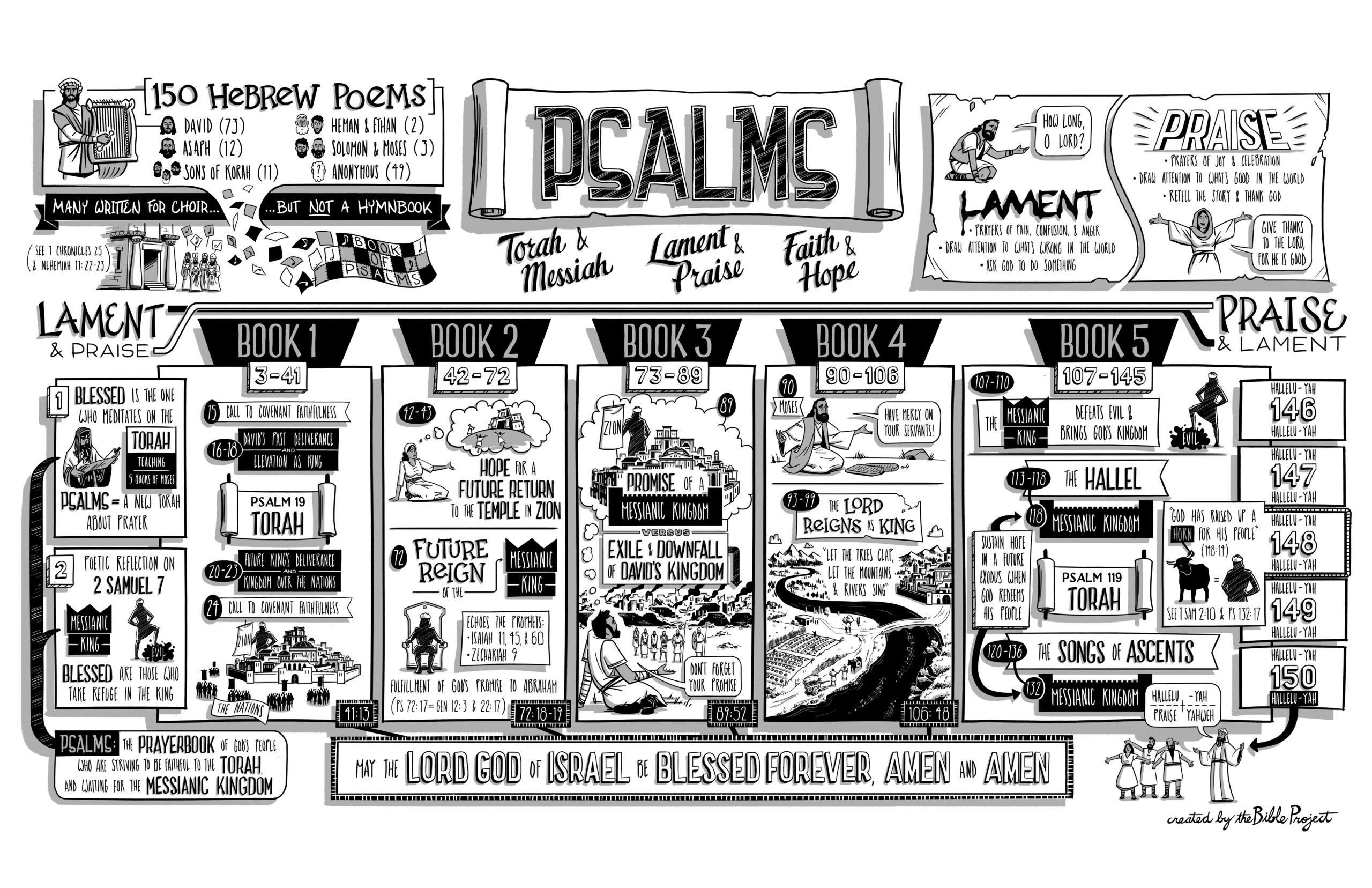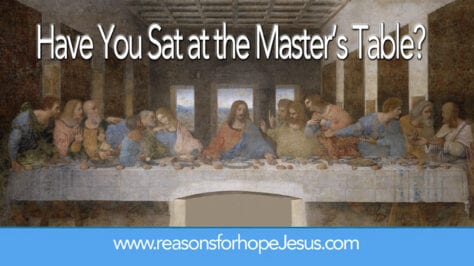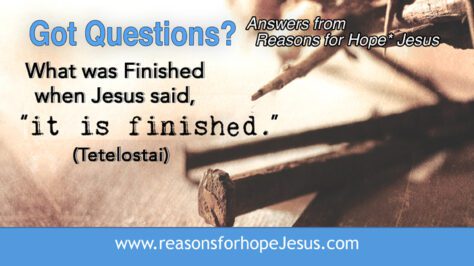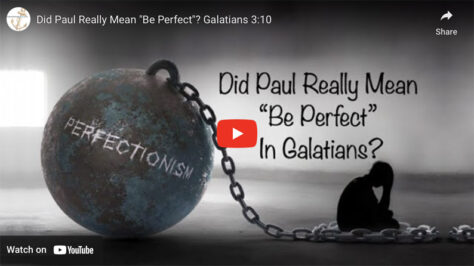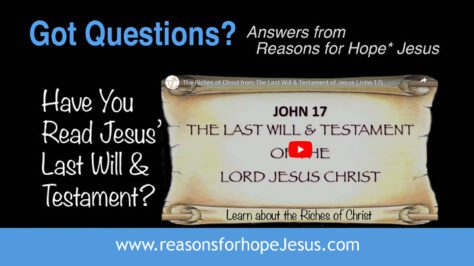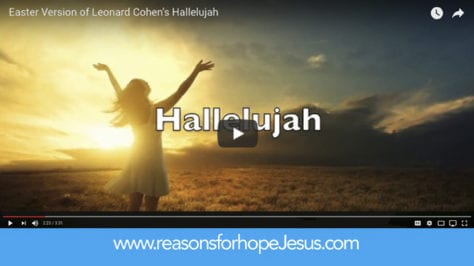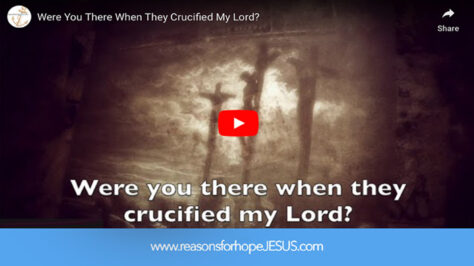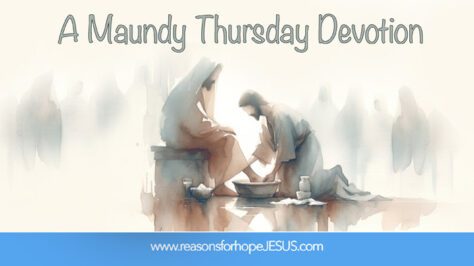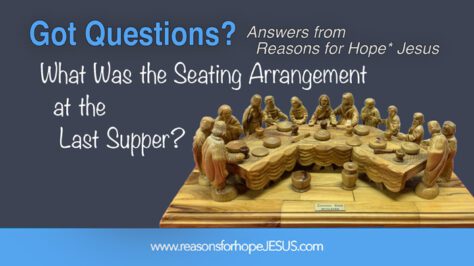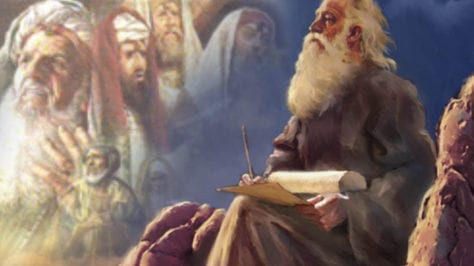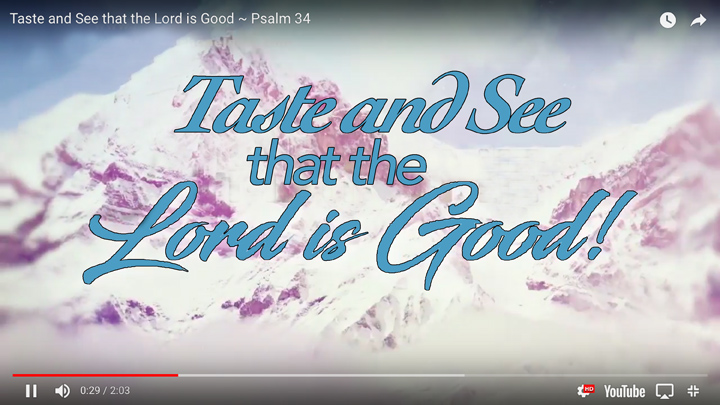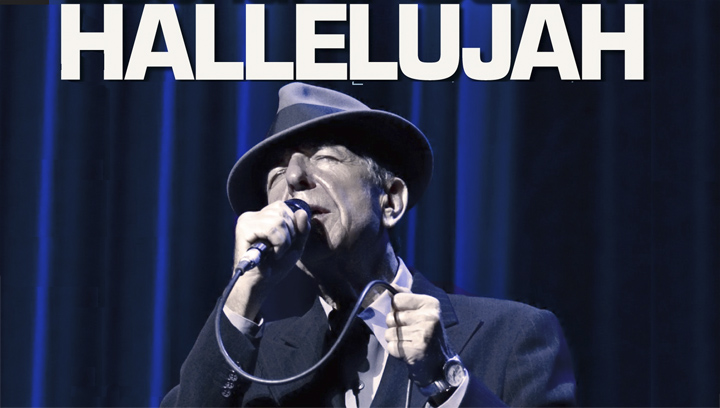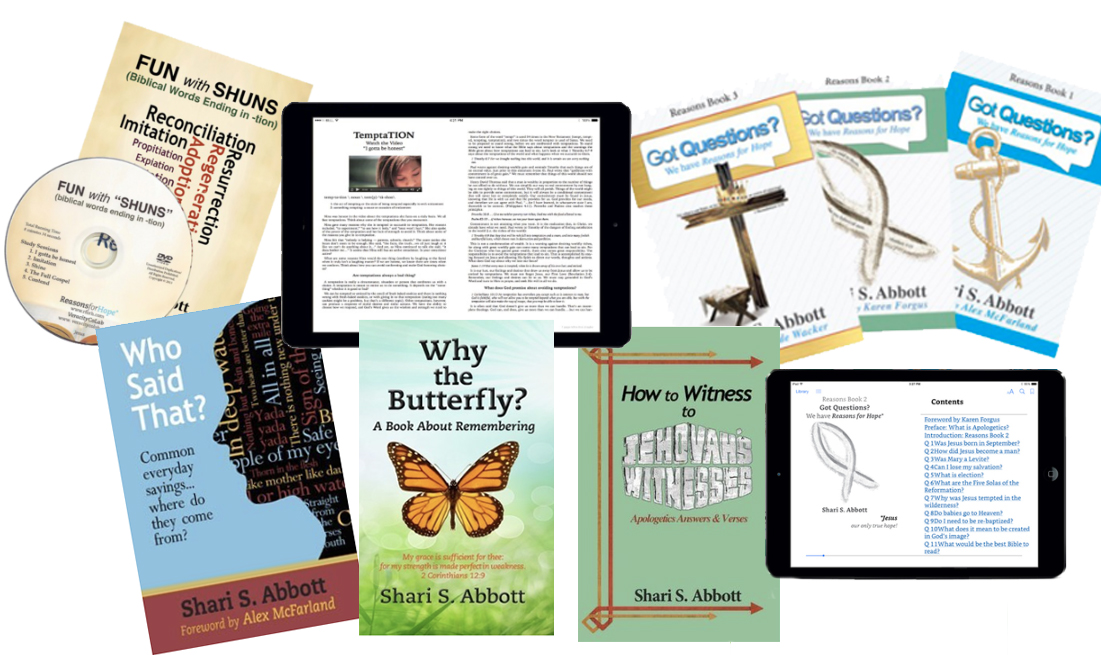AUTHOR: Various Authors
DATE: Probable 1060-444 B.C.
The Jews referred to this book of songs, laments, and praises as “The Book of Praises,” while the Septuagint titled it “The Book of Psalms” (from a Greek word indicating songs sung to the accompaniment of stringed instruments). The book was the hymnal of the Jewish people.
Seventy-three of the various psalms are attributed to David, two to Solomon, 12 to the sons of Korah, 12 to Asaph, one to Heman (1 Kings 4:31), one to Ethan (1 Chron. 15:19), and one to Moses. Most of the psalms were written during the times of David and Solomon (tenth century B.C.).
Hebrew poetry is not based on rhyme or meter, but on rhythm and parallelism. The rhythm is not achieved by balanced numbers of accented and unaccented syllables, but by tonal stress or accent on important words.
In parallelism, the poet states an idea in the first line, then reinforces it by various means in the succeeding line or lines. There are four styles of parallelism:
- Synonymous parallelism (most common) in which the second line essentially repeats the idea of the first (3:1).
- Antithetic parallelism, in which the second line contains an idea opposite to that in the first (1:6).
- Synthetic parallelism, in which the second or succeeding lines add to or develop the idea of the first (1:1-2).
- Emblematic parallelism, in which the second line elevates the thought of the first, often by using a simile (42:1).
Parallelism is not restricted to two lines but can also extend to strophes (smaller units of a few lines) and stanzas (longer units). An alphabetical acrostic is used in Psalm 119.
Classification of the Psalms
- the lament or petition psalms, either individual (Ps. 3) or communal (Ps. 44);
- thanksgiving or praise psalms, either individual (Ps. 30) or communal (Ps. 65);
- psalms of trust in God (Ps. 4); (4) hymns that include psalms on the enthronement of Yahweh (see notes on Gen. 2:4; Ps. 47), psalms concerning Jerusalem (Ps. 48), and royal psalms (some of which are messianic; Pss. 2, 110); and
- didactic and wisdom psalms (Pss. 1, 37, 119)
Psalms may also be classified according to themes; e.g., creation (Pss. 8, 19), the Exodus (Ps. 78), imprecation (Ps. 7), penitence (Ps. 6), psalms of pilgrims (Ps. 120). Psalms that include important prophecies concerning Messiah include Psalms 2, 8, 16, 22, 40, 45, 72, 110, 118.
Titles were added to the psalms after they were written, but are considered to be historically accurate. All but 34 of the psalms have titles or superscriptions that normally comprise the first verse of the Hebrew text. T
The two most frequently used technical terms are:
- “Selah” (occurring 71 times in the Psalms and three times in Hab. 3). Selah is probably a musical notation signaling an interlude (pause) or change of musical accompaniment, and
- “For the choir director” is attached to 55 psalms (and Hab. 3:19). This phrase suggests that a collection of psalms existed for the choir director, possibly for use on special occasions.
Psalms, 7, 35, 55, 58, 59, 69, 79, 109, 137, 139, 140 are imprecatory psalms, meaning they invoke judgment or curses on one’s enemies. These are not intended to instruct us to call judgment on others. They record the psalmist calling out to God, asking Him to punish the wicked and it for these reasons:
- demonstrate God’s just and righteous judgment toward the wicked (58:11),how the authority of God over the wicked (59:13), (3) to lead the wicked to seek the Lord (83:16), and (4) to cause the righteous to praise God (7:17). Therefore, out of zeal for God and abhorrence of sin, the psalmist calls on God to punish the wicked and to vindicate His righteousness.
- show the authority of God over the wicked (59:13), lead the wicked to seek the Lord (83:16), and (4) to cause the righteous to praise God (7:17). Therefore, out of zeal for God and abhorrence of sin, the psalmist calls on God to punish the wicked and to vindicate His righteousness.
- lead the wicked to seek the Lord (83:16), and
- cause the righteous to praise God (7:17).
The Book of Psalms is divided into five books with each section related to the Pentateuch in theme: 1-41 (Genesis); 42-72 (Exodus); 73-89 (Leviticus); 90-106 (Numbers); 107-150 (Deuteronomy). Each section ends with a doxology. Psalms can also be understood as falling into these categories: Petition, Deliverance, Praise, Repentance/Confession, Promise/Blessing, and Other.
PETITION — These are prayers to God asking for His help or his favor: 20, 22, 42, 57, 60, 61, 72, 85, 86, 90, 102, 119, 122, 130, 132, 139, 144
DELIVERANCE — These are petitions as well, but they mostly plea for God’s deliverance from evil enemies: 3, 4, 5, 7, 10, 11, 12, 13, 14, 16, 17, 25, 26, 28, 35, 40, 43, 44, 54, 58, 59, 64, 69, 70, 74, 76, 77, 79, 80, 82, 83, 88, 94, 109, 120, 124, 129, 140, 141, 142, 143; Imprecatory Psalms 69, 109 and 5, 6, 11, 12, 35, 37, 40, 52, 54, 56, 58,69, 79, 83, 137, 139, 143
PRAISE — These psalms express God attributes and thank Him for his great deeds: 8, 9, 18, 24, 27, 29, 30, 33, 34, 47, 48, 66, 67, 93, 95, 96, 97, 98, 99, 100, 101, 103, 104, 105, 106, 107, 108, 111, 112, 113, 115, 116, 117, 118, 134, 135, 136, 138, 145, 146, 147, 148, 149, 150
REPENTANCE/CONFESSION — These are prayers for forgiveness of sin: 6, 32, 36, 38, 39, 41, 51, 55, 73
PROMISE/BLESSING — These tell how God has blessed or will bless his people: Psalms of Promise/Blessing 1, 15, 19, 21, 23, 31, 37, 46, 49, 50, 52, 56, 62, 63, 65, 68, 71, 75, 78, 81, 84, 89, 91, 92, 110, 121, 123, 125, 126, 128
OTHER — Don’t ignore these. There are some classic verses here. They just don’t fit clearly into one category. 2, 45, 53, 87, 114, 127, 131, 133, 137
Videos and Charts Used By Permission of the Bible Project
*******
Jesus is the Reason this Ministry Exists
At Reasons for Hope* Jesus, we are committed to equipping, encouraging, and empowering Christians to know Jesus better, love Him more, and share their faith. We also reach the lost through our Salvation Page.
With your support, we can continue to provide valuable resources and engaging content. Please join us in our mission by donating today. Your generous contribution helps us expand our outreach of sharing biblical truths and hope in Jesus. Thank you for your kindness and for being an integral part of our mission.
*******
*******
***A Hidden Message in Psalm 23?***
Hidden in the six verses of Psalm 23 are 11 names for Jesus. When you subscribe to our newsletter, we’ll send you The Names of God in Psalm 23 PDF that reveals all 11 names and Scripture verses of comfort and hope (link will be sent in your confirmation email).
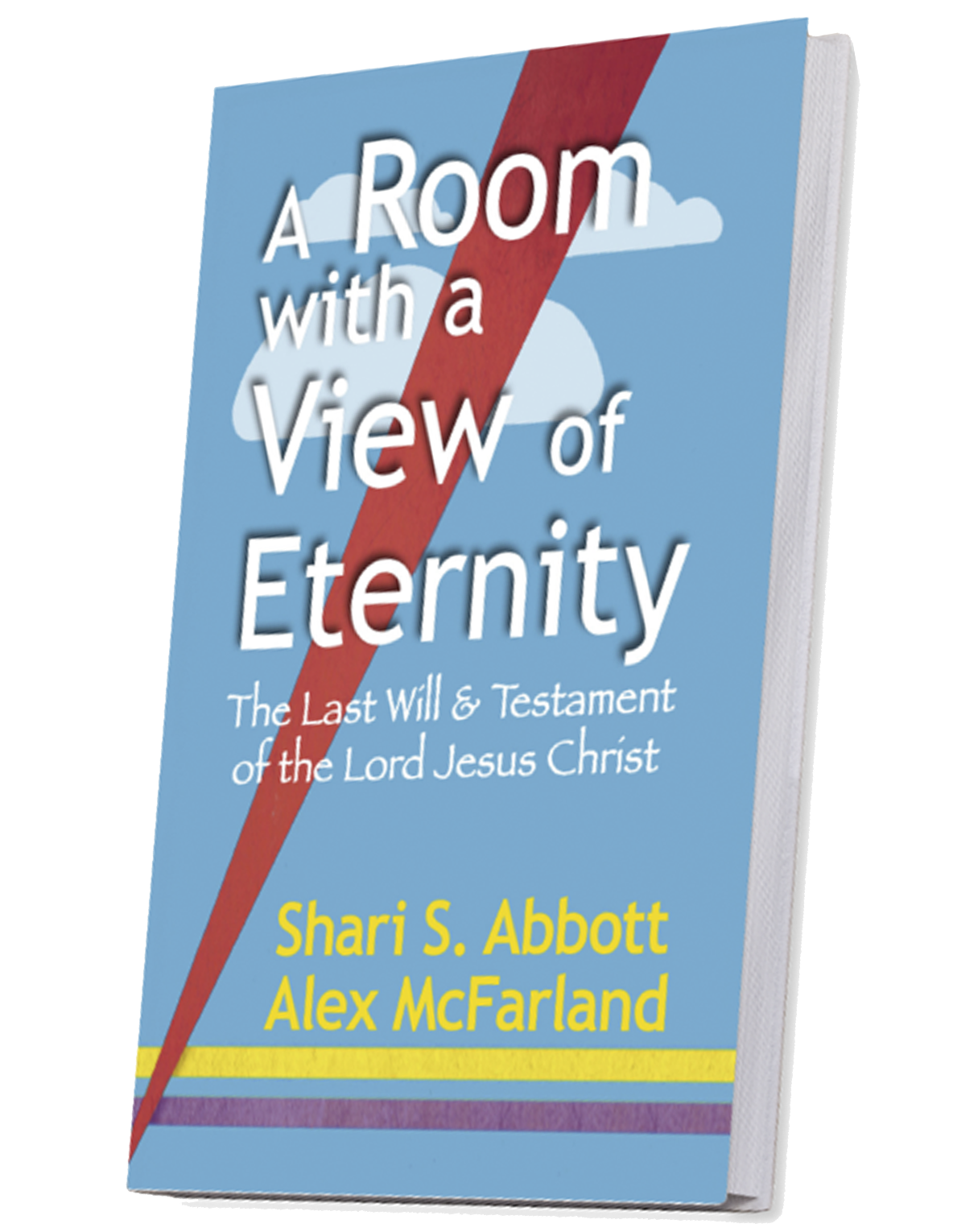 A Room with a View of Eternity—The Last Will & Testament of Jesus Christ Take a seat at the Master's table. Learn about the riches He gives to all who are His. This book will bless and encourage you, give you hope, and help you live in the joy of your salvation and the riches of Christ that are yours.
A Room with a View of Eternity—The Last Will & Testament of Jesus Christ Take a seat at the Master's table. Learn about the riches He gives to all who are His. This book will bless and encourage you, give you hope, and help you live in the joy of your salvation and the riches of Christ that are yours.

The Top Ten Got Questions? in 2023
- The Meaning of NUMBERS in the Bible?
- Was Jesus CRUCIFIED on Wednesday, Thursday, or Friday?
- How was Jesus Like a Worm? What’s the CRIMSON (OR SCARLET) WORM in Psalm 22?
- How are the Shepherd’s ROD and STAFF Different?
- How long did JOB SUFFER?
- What is the Significance of the Wise Men's THREE GIFTS? And were they kings?
- Did The Wise Men Arrive 12 DAYS AFTER JESUS’ BIRTH? Or Was It Much Later?
- Jesus’ Last Days TIMELINE: the Cross and the Resurrection
- The Meaning of COLORS in the Bible?
- Did Jesus Fight Satan to Take Back the KEYS of Death and Hell?
There is much to be learned from those who have gone before us in the faith. Check out our Cloud of Witnesses category that features the words of departed saints who are now with the Lord in glory. Their words equip and encourage us even to this day. Take a few minutes to hear...
- ONLY ONE LIFE, Twill Soon Be Past – by C.T. Studd (1860 – 1931)
- “The Love of God is Greater Far” by Frederick M. Lehman (1917)
- Prayers from Billy Graham
- Who Was Robert Robinson? What’s the Story Behind “Come Thou Fount”
- “Immanuel” — A Poem by Charles Spurgeon (1834-1892)
- Who Am I? A Poem by Deitrich Bonhoeffer (1905-1945)
- Understanding the Everlasting Arms of God, by J.R. Miller (1840–1912)
- 24 Reasons Why I Love America, by John Wayne (1907-1979)
- Give Me Perpetual Broken-heartedness (from The Valley of Vision)
- Abide with Me, by James Smith, 1859
This remains one of our most popular pages viewed.![]()

TOP TEN Videos from Reasons for Hope* Jesus
- Memorial Day BAGPIPES TRIBUTE: Amazing Grace
- RISE AND SHINE and Give God the Glory, Glory!
- WERE YOU THERE When They Crucified My Lord?
- PAUL HARVEY: THE BIRDCAGE
- PRESIDENT RONALD REAGAN: A SOLDIER'S PLEDGE
- Hark! the Herald Angels Sing -- CHARLIE BROWN Christmas
- JOHN WAYNE ~ WHY I LOVE AMERICA
- Jimmy Stewart - Nativity Scene Prayer: Mr. Krueger's Christmas
- THE LEGEND OF THE CANDY CANE - A Christmas Story to Share
- Not by Might, Not by Power, But BY MY SPIRIT says the Lord (Zechariah 4:6)
*****************

